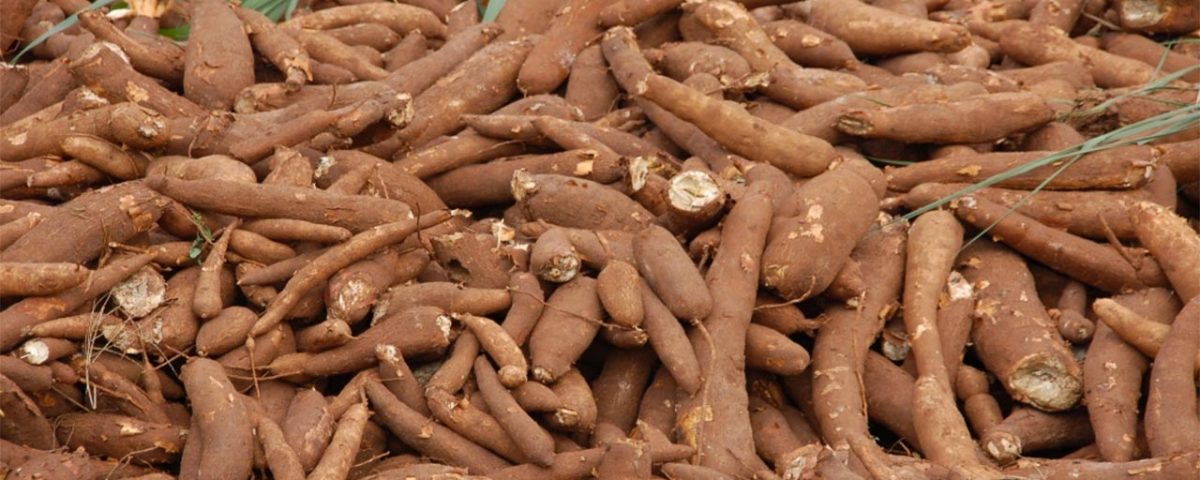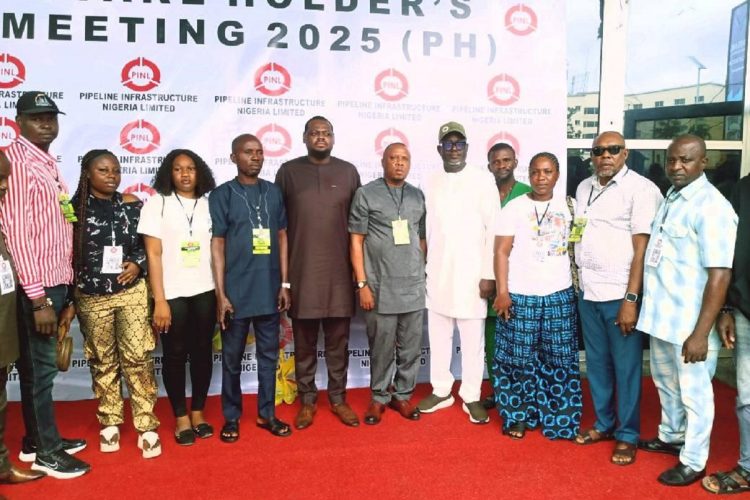
Official Launch of the African Developers Call Series
July 17, 2020
NACGOND condemns financial recklessness in the Niger Delta Development Commission (NDDC)
July 28, 2020
Severe challenges associated with electricity generation in Sub- Sharan Africa (SSA) may soon be a thing of the past following the formation of a consortium that will use advanced thermal technology to generate power from agricultural waste.
The consortium that has perfected use of agriculture waste such as cassava peel to generate electricity is led by PyroGenesys and has University of Leicester, African Agricultural Technology Foundation (AATF), Mobinet, Babban Gona Farmer Services, ICMEA-UK and Koolmill Systems.
Speaking on the partnership, George Marechera the Managing Director of Agridrive, said that AATF is participating in the initiative to ensure increased income for farmers that are growing cassava and contribute to energy source for smallholders.
‘There has been a lot of attention on production and use of clean energy and this initiative offers an opportunity for AATF to contribute to that realization through its social enterprise Agridrive.
Nearly two-thirds of the world population that does not have access to electricity live in Sub-Saharan Africa (SSA). These communities can use solar power, but it is expensive for them and many people cannot afford a solar home kit.
A number of African countries such as Nigeria are currently facing an acute power challenge with the state-supported power generating facilities producing less than 4000mw electricity for the 200 million people yet the country has the comparative advantage as the largest cassava producer in the world.
The consortium is developing low-cost, environmentally friendly technology to transform the way off-grid communities in Nigeria receive electricity through its innovative PyroPower technology.
The project, which involves use of cassava peels, is already being implemented in Osun, Oyo, Ogun, Edo and Delta states of Nigeria with plans for expansion into other states and countries in Africa.
‘This is a great innovation as it reduces post-harvest losses in cassava and generates additional income for cassava farmers who will now sale cassava waste and get income,” said Mr. Marechera, adding that the consortium was initiated to utilise agriculture waste for clean energy and feasibility study on the use of crop wastes (cassava) to generate energy on one of the activities carried out from June 2019 to June 2020 and it showed that cassava peels have the highest energy potential if used.
“This feasibility study was based on the cassava mechanization and agro-processing work that AATF is currently implementing in Nigeria,” Marechera said once commercialized, the initiative will benefit over 1.5 million cassava farmers through increase of income from the sell of cassava peels.
‘’This work will also benefit more than 4 million households who will access clean and affordable energy,” he added.
According to him, AATF supports transformative agriculture development for wealth creation for smallholder farmers in SSA, adding that AATF supports cassava productivity and especially the management of post-harvest losses.
PyroGenesys’ Chief Executive Officer, Simon Ighofose, said: “PyroPower turns agricultural waste materials into renewable heat and electricity using an advanced thermal technology called pyrolysis, meaning no more fossil fuels.’
PIND trains 153 Fish Smokers, reaches 289 women and 45 million via Peacebuilding messages
“Waste agro-residues are converted into biochar smokeless fuel briquettes for cooking, replacing firewood and wood-derived charcoal use, a cause of severe deforestation and human health issues,” Said Simon, adding that the consortium will test the case for installing the first PyroPower pilot plant in Nigeria, using satellite geospatial data analysis to identify suitable locations for future PyroPower installations.
“We’ve set an initial target of installing 100 commercial systems to generate clean, low-cost electricity over the next two years. We’re also looking at selling electricity using Mobinet’s SIMPAY mobile payment system in Nigeria for cashless transactions.”
There are currently 634 million people without electricity in Africa. It is estimated that in Nigeria, only one in five people have access to power from the electricity grid. This leaves four in five people living in urban and rural communities have to fend for themselves with makeshift and localized power solutions, a situation that the newly formed consortium can leverage on to expand the country’s energy mix profile.
About AATF
African Agricultural Technology Foundation (AATF) is a not-for-profit organization whose mission is to make available, to smallholder farmers, agricultural technologies that ordinarily would not be accessible to them. AATF empowers farmers to transform their livelihoods by equipping them with better tools and inputs that would take a longer time to reach them and often cost a lot more (would be unaffordable) without the organization’s intervention. This is mainly done to boost the productivity of smallholder farmers, hence food security and poverty reduction.
About Agridrive
Agridrive Limited is an agritech company working with farmers to unlock agribusiness opportunities in Africa. With offices in Nigeria and Kenya, it provides end to end innovative market edge agribusiness solutions to farmers throughout the continent.
The company philosophy is anchored on creating business opportunities for farmers through developing quality products and services as well as new markets. Our story is imprinted on excellence and quality that ushers a new world of wealth creation through agribusiness while leveraging the power of agricultural technology.
Image sourced from Google Images









